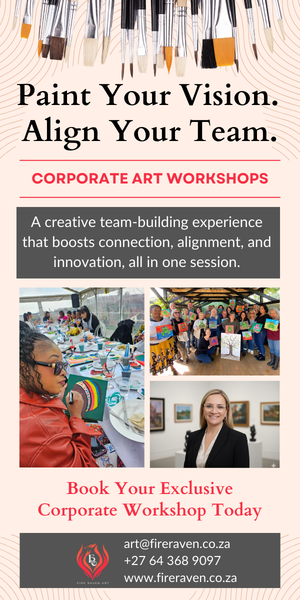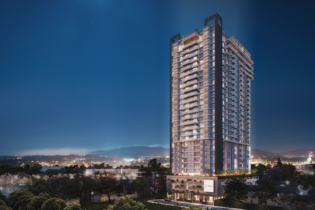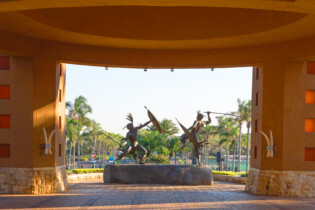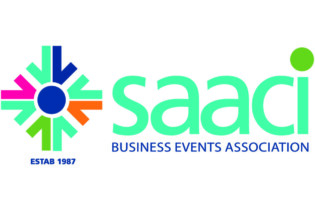Glenton De Kock, Chief Executive Officer of the Southern African Association for the Conference Industry (SAACI), shares his thoughts on what next for the business events sector.

Many professionals and attendees will agree that meetings offer an opportunity for people to add to their valuable network, share their stories and experiences, and most importantly, create new experiences and stories together.
The shift to Alert Level 1 at the start of the past Heritage Day week signaled the start of the event sector’s push towards recovery. We will all need each other as we navigate the next phase of our sectors re-activation. While we have been allowed to operate under the enhanced Alert Level 3 regulations, we are still feeling a little anxious as we shift mentally into a space of how we re-convene in-person in the greater numbers outlined in the regulations, while still continuing with our hybrid and Zoom meetings. It requires a responsible “people first” approach.
You will agree that a “blended approach” may be how we slowly re-start.
As confidence grows and we start to feel more comfortable in meeting in person, many have taken the opportunity to experience domestic travel over this long-weekend. Our long recovery is beginning but it will take some adaptation to the new circumstances.
Organisers may want to consider the hub-and-spoke model for their initial events – smaller satellite events complementing larger organised gatherings – which allow for a main event to be broadcasted to smaller satellite hubs around the country. This will accommodate people who might be wary of organised gatherings, but more willing to attend smaller ones. The approach may also be the interim solution for our sector to build demand and re-build confidence.
With budgets being tightened and attendees still wary of the danger of the virus, meetings and events must add serious value to attract people.
You will agree that a “blended approach” may be how we slowly re-start. However the most important aspect of a physical meeting in our business events sector will be value. With budgets being tightened and attendees still wary of the danger of the virus, meetings and events must add serious value to attract people.
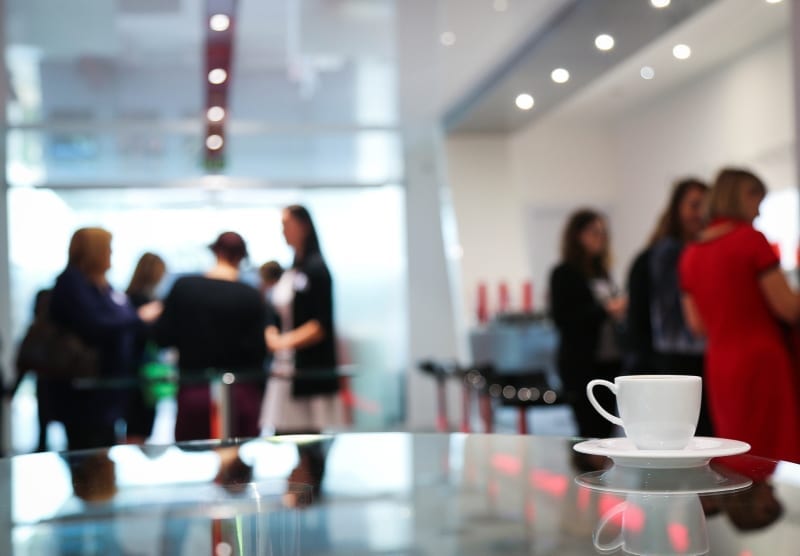
COVID-19 has, and will continue to, challenge us to go well beyond traditional practices and find more thorough ways to capture everyone’s thoughts and opinions. We have certainly experienced that collaboration will be emperor in a post-COVID-19 world. Collaboration will dominate future meeting success, and we urge members to welcome collaborative efforts which may present themselves as we re-start our recovery.
Time and interaction with others have become even more precious commodities due to the coronavirus crisis, and should not be wasted. The challenge lies in finding a balance that serves our fundamental human need for connection, while also accommodating our new reality as a society.
We must accept that expectations of meetings in the future will be different post COVID-19. Time and interaction with others have become even more precious commodities due to the coronavirus crisis, and should not be wasted. The challenge lies in finding a balance that serves our fundamental human need for connection, while also accommodating our new reality as a society.
Going forward, meeting planners will be focused on providing more value to their attendees, and to one another, in potentially abbreviated time frames.
The value of being together has increased.
The value of being together has increased, and that in most cases is privilege enough in the new world we are in. Added to that, the need for simplicity can’t be over-emphasised as we make sense of the “new normal” in the coming months for the business events sector.



